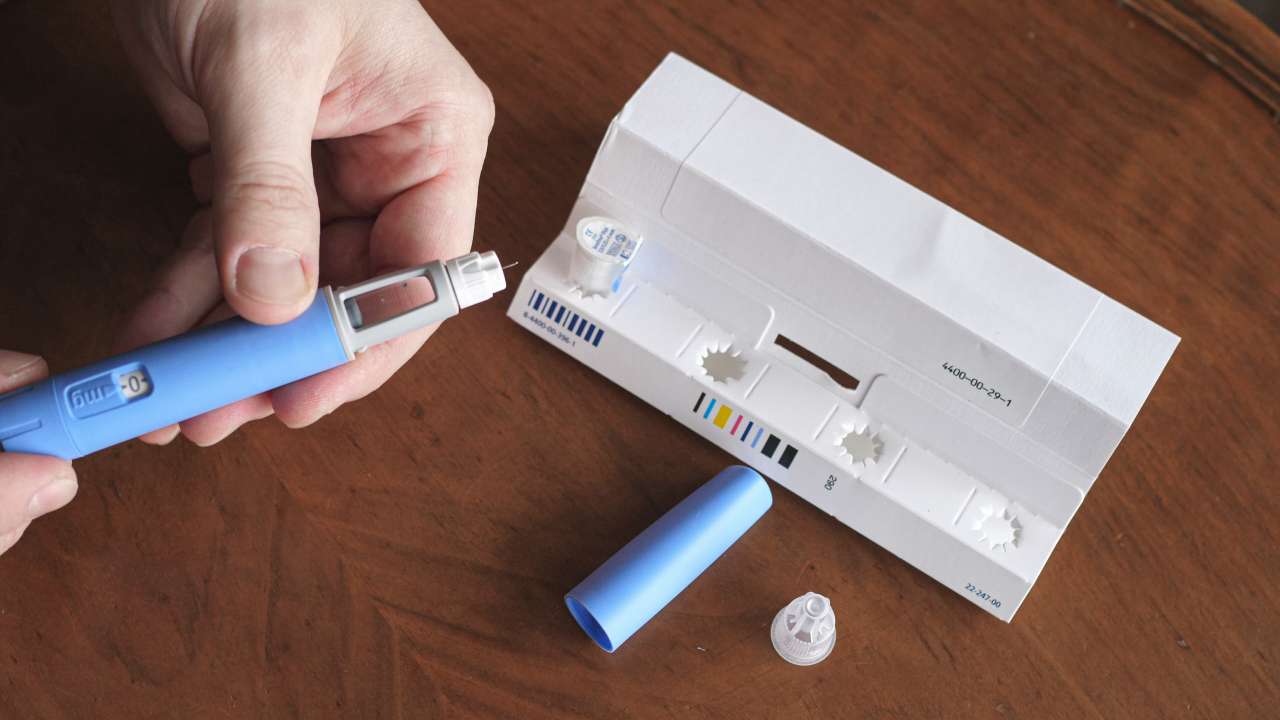With the skyrocketing popularity of weight-loss drugs like Ozempic, Wegovy, and Zepbound, health experts are noticing an increasing trend of use among younger Americans.
According to new findings published in the the number of teens and young adults prescribed these weight-loss drugs has increased significantly between 2020 and 2023.
With the increasing number of adolescents being prescribed these weight-loss drugs, some parents may ask: How safe are these drugs for children?
Vibha Singhal, MD, MPH, DABOM, director of Pediatric Obesity at UCLA Mattel Children’s Hospital and associate professor of Pediatrics at , shares what parents need to know.
Q: What are the primary reasons young people are being prescribed GLP-1 drugs such as Ozempic, Wegovy, Semaglutide, and Mounjaro?
Dr. Singhal: Ozempic is the trade name for the medication Semaglutide, which the FDA has approved for use in type 2 diabetes mellitus. Semaglutide is also branded as Wegovy (at a different maximum dose than Ozempic) and is approved for use in obesity. So, young people are prescribed Ozempic or Wegovy for the management of obesity and its complications, like diabetes.
Q: What are the potential side effects of these drugs in young users?
Dr. Singhal: The most common side effects include gastrointestinal symptoms such as nausea, bloating, abdominal pain, and occasionally vomiting. Some people also experience headaches and fatigue. Very rarely, there can be pancreatitis. These side effects are no different from those seen in adults. There were some initial concerns that these medications may increase mental health side effects, but emerging data suggests that these medications may help with overall wellness.
Q: How life-changing are these drugs for kids with obesity, and if they are prescribed Ozempic, would they need to be on this drug their entire lives?
Dr. Singhal: When young patients with obesity use these medications and experience effective weight loss, it has a significant impact on their lives. They are healthier, can move more quickly, are more motivated to make healthy lifestyle changes (as they see results), prevent some chronic diseases, and overall are more confident. The current data suggests that once we stop the medications, the weight gradually comes back — so, yes, right now, we feel that these are long-term medications — just like you would take medications for other chronic diseases like hypothyroidism and diabetes.
Q: Are there long-term health implications for young people using these drugs?
Dr. Singhal: These medications are relatively new to young people, so our knowledge of their long-term implications is limited. Studies have a 1-2 year follow-up, which is reassuring. There is good weight loss, including fat and lean mass. So, when used properly with accompanying lifestyle changes, these medications produce good results and improve metabolic health.
Q: What alternatives to these drugs are available for young people needing similar treatment?
Dr. Singhal: Other treatments, such as medications — phentermine, topiramate, metformin, etc., and metabolic bariatric surgery (commonly known as weight loss surgery, available at our center for adolescents) — can also be considered. A healthy lifestyle is the first treatment and should be practiced with all other forms of treatment. So, eating healthy and exercising regularly is essential, even while using medications or after surgery. Some patients respond well to wholesome eating and exercise and lose weight, but many do not; hence, we need to add other forms of treatment.
Q: What should parents and guardians consider before allowing their child to take these medications?
Dr. Singhal: Caregivers should be aware of the medications' side effects, simultaneously work on maintaining a healthy diet and regular exercise, and understand that obesity is a progressive chronic condition. Therefore, the treatment is long-term. Most importantly, being in touch with the medical team and following up regularly is essential.
Q: What specific health risks are associated with GLP-1 drug use in adolescents and young adults?
Dr. Singhal: We know of no unique health risks associated with these medications in adolescents compared to adults.



